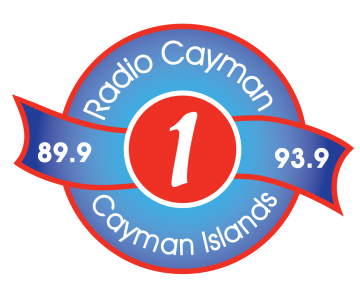News
Beware of COVID-19 Scams

The Cayman Islands Monetary Authority (“CIMA”) cautions financial services providers and their clients of the increased risk of fraud as more companies work remotely and offer more non-face-to-face solutions in response to the COVID-19 pandemic. As fraudsters take advantage of this new environment, licensees and registrants should apply extra care to identify new threats and risks to security measures and operational processes. In accordance with recommendations issued by other international regulatory bodies, these measures may include, but not limited to: • Continued update of fraud risk assessment and quality control framework; • Simulated in-house training and awareness exercises; • Ongoing scanning for new threats and risks, especially through the increased use of remote working; • Integrated fraud and cybercrime prevention as part of internal policies and procedures; • Use of effective controls to identify and verify individuals and businesses, including beneficiary’s account details to avoid fraud from taking place; • Utilising fraud prevention clauses in application forms and operational processes to make applicants aware of legal obligations and how their data will be used; and • Precautions to minimise risks associated with “Zoom-bombing”, where uninvited parties may attend and hijack your business meetings. Scammers are known to target individuals through various methods, including phone, email, or social media in an attempt to obtain financial gain and/or personal, medical, or financial information. Some may even use this opportunity to exploit the fear and uncertainty of this current health crisis by posing as vendors of hand sanitizers, masks and other high demand products. The public should remain vigilant for such scams. Once these criminals retrieve your personal information, they will use it to access your funds or commit other fraudulent activities. Persons are, therefore, cautioned against sending money to or sharing personal, medical, or financial information with unknown individuals or businesses. Be also wary of fake charity websites and emails. Do not click on links or open attachments that you do not recognise. Quite often, many skilled perpetrators pretend to be legitimate businesses; however, it is highly unlikely that legitimate financial institutions will request personal data through the use of online forums. Consumers are encouraged to maintain contact with their financial services provider through its official communication channels only. If you believe you have been a target or victim of a financial scam, please contact your financial institution and the Royal Cayman Islands Police Services’ Financial Crime Unit immediately.












